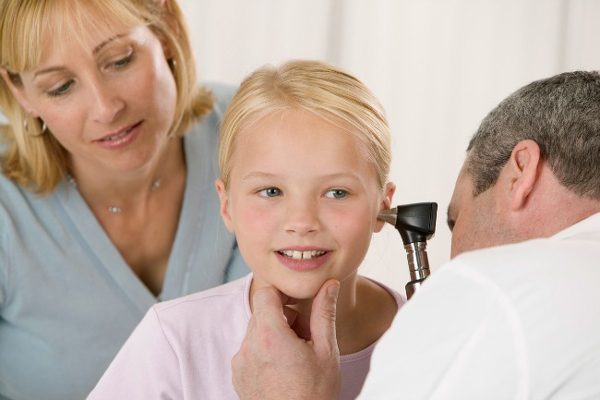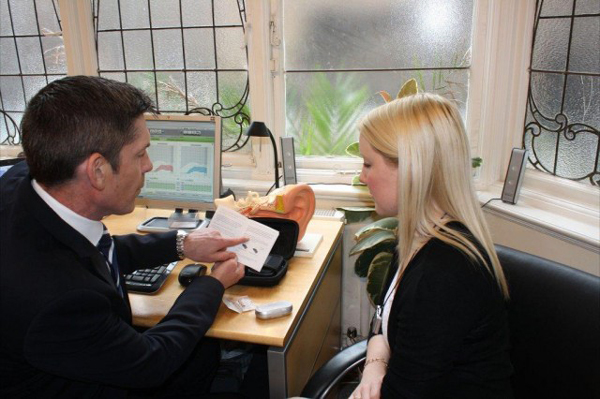If you have hearing loss problems the chances are that you will need to visit an audiologist for a hearing assessment. If it’s your first time going, you may be feeling a little anxious and not know what to expect from your audiology assessment. To feel more relaxed and calm, it’s important to get informed about what will happen to you during the audiology assessment and what tests to expect. Your audiologist will be someone who has a degree in hearing science, so you’ll be in good hands. They are trained professionals who will recognize what is causing your hearing loss and they will be able to break it down for you.
So most likely when you arrive at your preferred audiologist, you will have to sign some sort of paperwork before entering the examination room. That’s where the first part of your exam will most likely begin. Your audiologist will first need to know all about you and your case history, any health problems and all your symptoms. If it is your first time then this will all be new to you, telling your audiologist this will ensure a thorough look into your hearing loss. If this is not your first time then discussing any particular details of your hearing loss and asking any questions to do with treatments, now would be a good time. Discussing what you wish to get out of treatment is vital, if you want to play music, or just return your social life and skills the way they were, your audiologist will want to know.

The second part of your audiology assessment is known as an Otoscopy. Hearing loss can be caused by a number of many different reasons, that’s why your audiologist will test you in a number of different ways. If your hearing loss is caused by an infection, a buildup of earwax or any obstructions, a device known as an otoscope might find it. An otoscope is inserted into the ear to visually inspect the ear canal to find what your hearing loss may be connected to. If a buildup of earwax is the cause of your hearing loss, audiology clinics can help you hear better almost instantly with an expert earwax removal treatment.
Unless the audiologist finds what’s causing your hearing loss from the otoscopy, you will usually have to go through another test known as tympanometry. A device is inserted into the ear and then changes the air pressure and measures how your ear responds. These results show how the middle ear and eardrum are functioning.
Hearing loss is split into two categories and these tests are performed to understand what kind of hearing loss you may have. Sensorineural hearing loss is the most common type of hearing loss, it’s usually caused from listening to loud noises over your lifetime. This type of hearing loss usually involves damaged nerve cells. Conductive hearing loss is usually caused from built-up earwax, or blockages that could be interfering with the transmission between sound and the nerve cells that help you hear. The tympanometry test helps rule out this type of hearing loss, it will show if there are any obstructions or infections.

If the results of the previous tests have failed then the final test you will undergo would be called an audiometry test. It is the best known test to measure sensorineural hearing loss and will measure your hearing range and sensitivity. You will probably need to change location for this test as they are conducted in soundproof rooms. This test is non-invasive and is conducted through earphones, you will need to push a button to indicate what you can and cannot hear. This equipment is known as an audiometer and will be able to specify the frequencies you can hear and cant hear, the calculations connected with your hearing loss and how well you can understand speech with and without background noise.
After all these tests, your audiologist will sit and you will go over the results and what the best plan of action is for your hearing loss. If your audiologist finds any infections or bone problems that require a different course of treatment, he/she will usually refer you to someone else. If however you can benefit from the use of a hearing aid then your audiologist will work with you on a course of treatment.
If you think that you have hearing loss related health issues never put off seeing a doctor and getting an audiology assessment. Hearing loss will effect 1 out of 3 people and untreated hearing loss has been linked to dementia. To find your nearest audiologist, ask your local GP or look online for one in your area.












